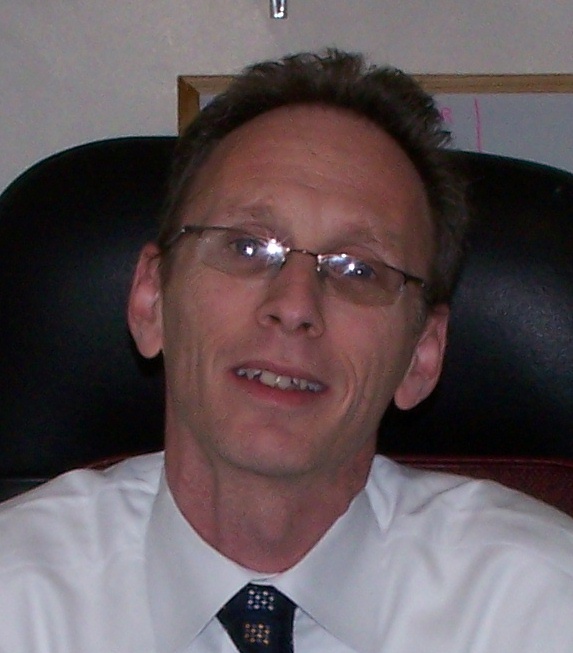From the other side of the bench: Past, present and future
Issue of Nov. 14, 2008 / 17 Cheshvan 5769
Wrap your mind around this concept. Our Sages tell us that genetics is a two-way street. Not only do we contain the genetic predispositions of our ancestors, but we also contain the character traits of generations yet to be born.
We receive from our ancestors, we pass along to our children, and they, even the unborn generations, transmit their strengths (and weaknesses) back to us. That explains why we often witness people transcend what we previously have believed to be the limits of their potential. We have witnessed others act, or have acted ourselves in a manner that hereto for were unimaginable as we draw strength from our parents and grandparents and yes, from our children and grandchildren.
In addition to receiving from progeny yet to be born, care and caution must be employed in everything we do. For one misstep can not only lead us astray, but can also create in our descendants a character trait weakness in a certain area of social behavior. For instance, less than scrupulous behavior in business might result in unfairly placing that character flaw in our great grandchildren and impose on them an additional burden to deal with in terms of protecting themselves. On the other hand, no longer do we have to face despair when confronted with difficulty. We can draw strength from our parents and children, grandparents and grandchildren to navigate through the challenges we face. Man is indeed multi-generational. Each of us is past, present and future.
The Rabbi opened a letter one day signed by 24 “grandchildren” of Rose Kramer (name changed for this article). The letter thanked the Rabbi for allowing these 24 grandchildren to enjoy “Grandma Rose” for 15 years, 15 years that should not have been.
Rose Kramer was 73 years old when she took ill and was hospitalized. She lived in a small Midwestern city where access to orthodox Jewish rabbinic personalities was scarce. Torah scholarship was absent except for a few Sages that would pass through town on various missions. No one in Rose’s family was orthodox and religious questions regarding her hospital care were never an issue.
Her condition deteriorated after a few weeks in the hospital, to the point where machines were doing the bulk of the work in maintaining her life. The doctors were prepared to terminate life support machinery as no improvement in her condition had occurred or was ever expected to occur.
The family, for reasons unclear even to them, consulted a local Reform Rabbi (the one Conservative Rabbi was away and there was no Orthodox Rabbi) who acquiesced to the doctor’s point of view and who informed the family that there would be nothing improper from a Jewish law point of view, in “pulling the plug.” The orders were added to the chart, but the family requested that the actual termination be delayed until the next day, Rose’s birthday.
The next morning, the family gathered around Rose’s bedside preparing to say their final good-bye on her 75th birthday.
Rabbi Yaakov Cohen, (name changed) a highly respected Torah Sage in his community was unheard of in Rose Kramer’s community. Nevertheless, he found himself stranded out of town, in Rose Kramer’s town, on the very day life support was to be terminated. With hours at his disposal and nothing to do, he decided to place a phone call to the local hospital and see if there were any Jewish patients he could visit. Two such Jewish patients existed. One of them was Rose Kramer. He presented himself at her room just as the family was saying their final good-byes. He inquired about the circumstances and was told how the local Reform Rabbi had said it was permissible to end life support. He knew that he would never be able to convince the family to abandon that ruling. He knew the family would not accept the opposite ruling of an Orthodox Rabbi they never met. He suggested the following:
“Let your mother and grandmother live out her complete birthday. Wait until nightfall when this day will end and a new day will begin. There is something holy and special about living a complete amount of years.”
And so the family conveyed that message to the doctors and the hospital. That for religious reasons, Rose Kramer’s life should be extended until nightfall, just another three hours away.
Two hours later, for reasons unexplained medically, Rose Kramer awoke from her coma. And her 24 grandchildren enjoyed fifteen more years with her. Eleven of those 24 grandchildren were not even born yet on the day Rose was “scheduled” to leave this world.
The letter thanking Rabbi Cohen came as quite a surprise to him. For he never knew until the letter came, how the story ended, the story that began on his chance visit to Rose Kramer’s hospital room.
David Seidemann is a partner with the law firm of Seidemann & Mermelstein. He can be reached at (718) 692-1013 and at ds@lawofficesm.com.

 66.0°,
Shallow Fog
66.0°,
Shallow Fog 







